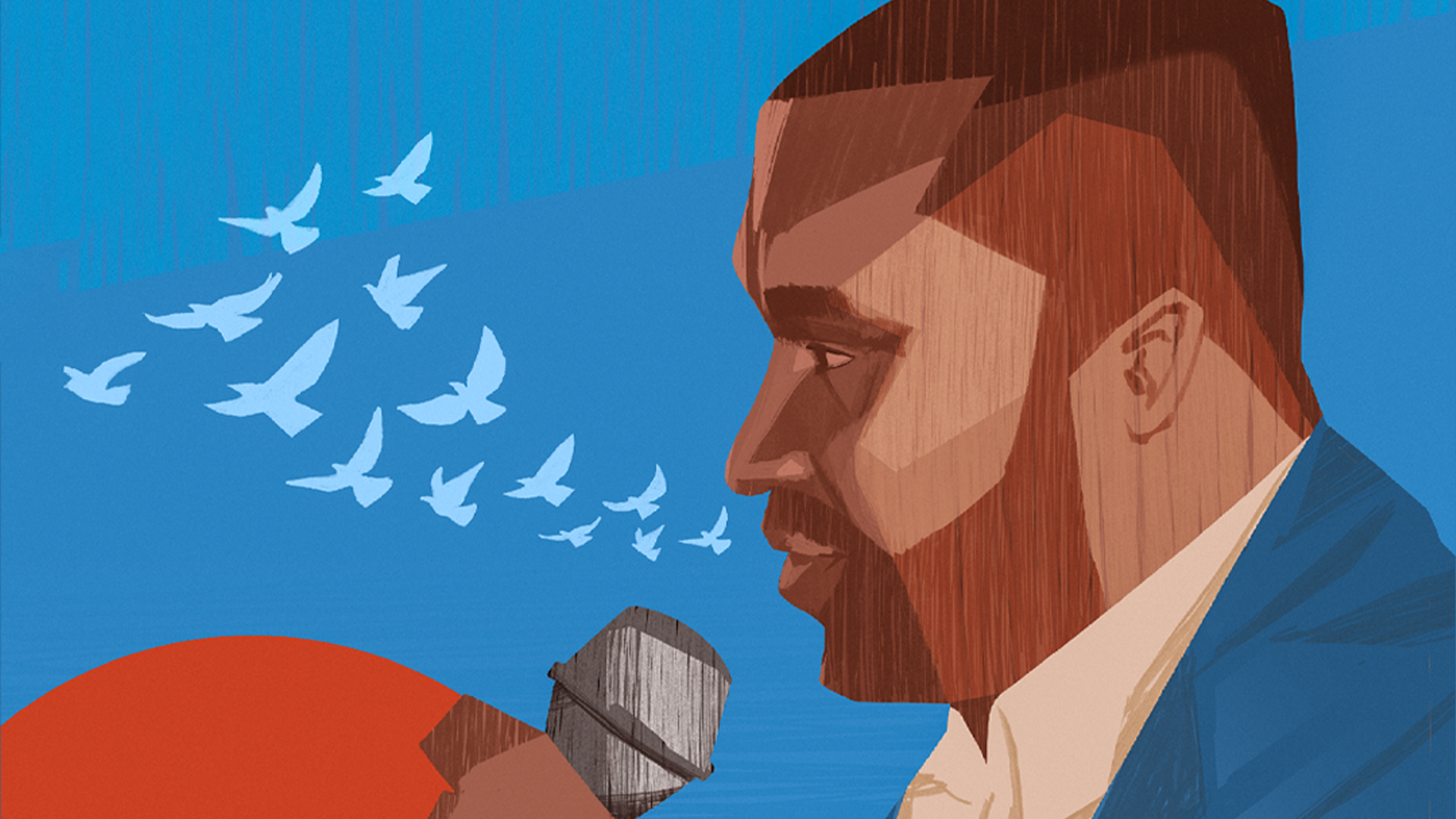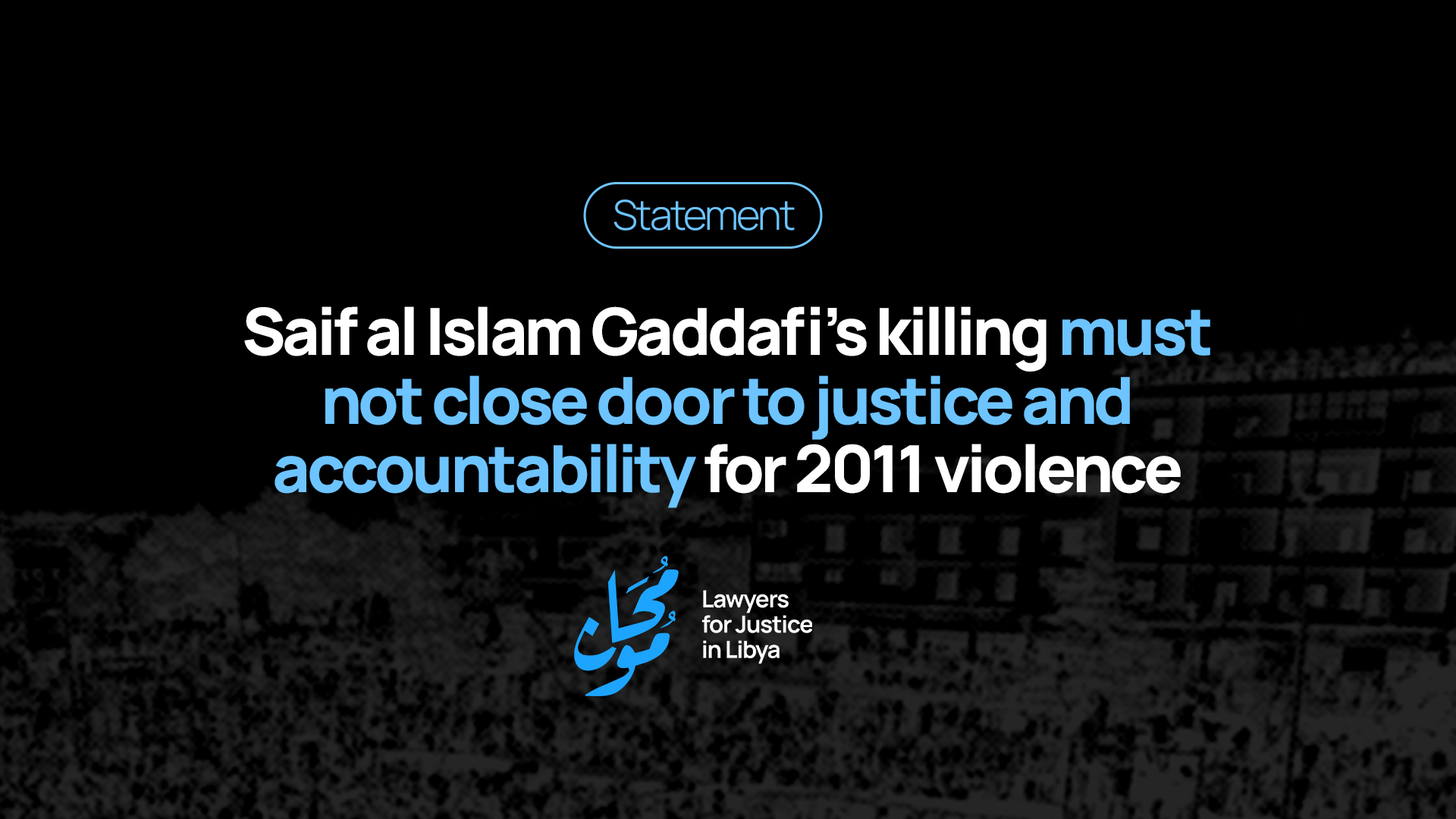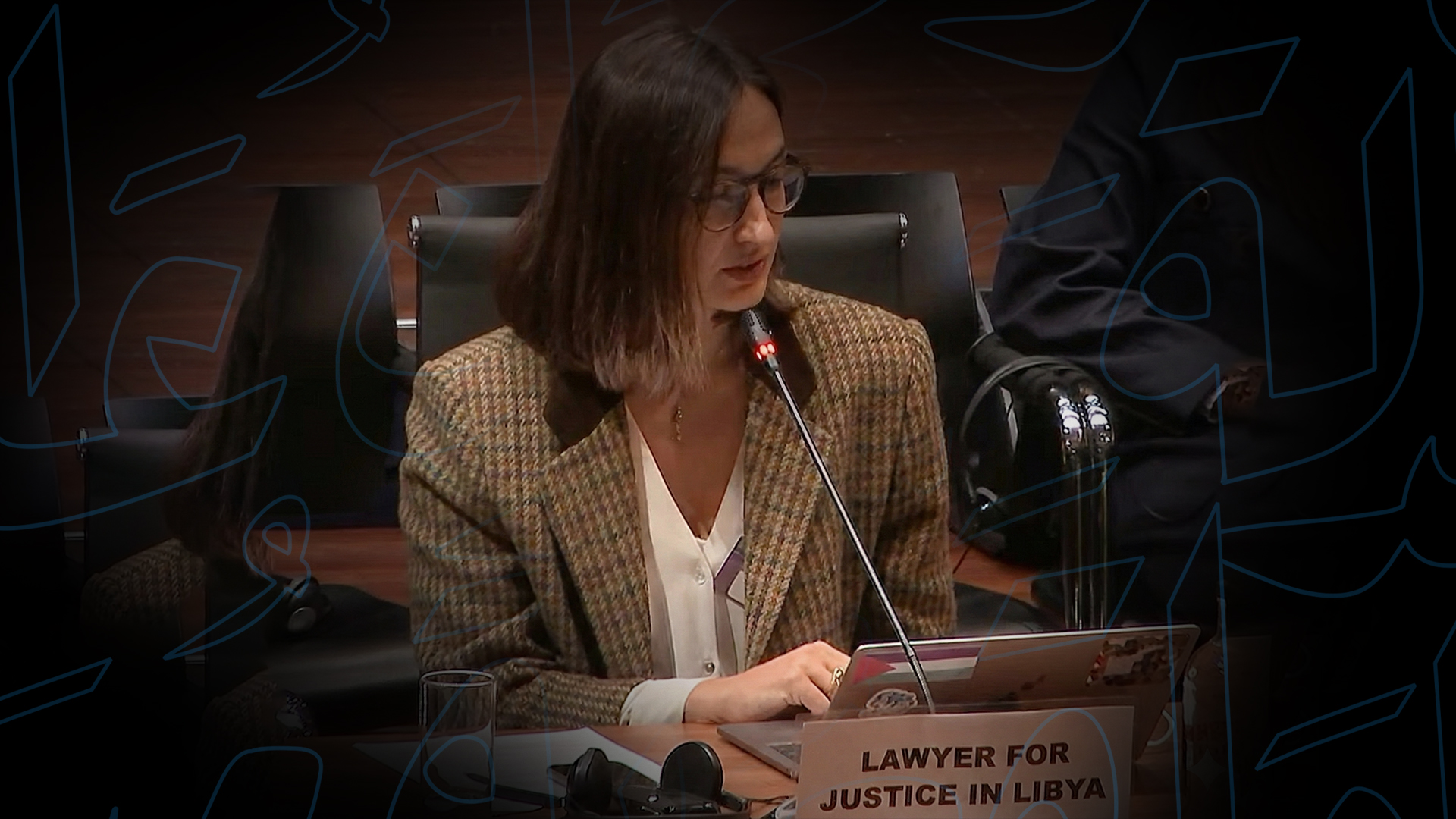On Libya's Independence Day, LFJL launches an online constitutional discussion
On Libya's Independence Day, LFJL launches an online constitutional discussion of the CDA's published draft of key elements of Libya’s future constitution
On Libya’s Independence Day, LFJL wishes to congratulate all Libyans and calls for reflection on human rights in Libya and the constitutional drafting process as a way of commemorating this important day. The Constitutional Drafting Assembly (CDA) recently released some of its committees’ key recommendations. LFJL hopes that the recommendations will spark dialogue among the population about the shape of Libya’s future and permanent constitution. In the spirit of inclusive discussion, LFJL today launches a constitutional debate over the course of the next two weeks.
LFJL has regularly called for an inclusive and transparent drafting process, and welcomes this opportunity for public feedback and participation. All Libyans are entitled to, and must have, their voices heard during the constitution building process in order for the CDA to create a constitution that truly represents the interests of the whole population as well as creating a culture of accountable and transparent institutions.
LFJL is currently studying the texts released by the CDA’s committees, and will provide in-depth analysis in the coming weeks. On its initial reading, LFJL is pleased to note that the recommendations of the committee for rights and freedoms and transitional measures include a wide range of protections of human rights. These include protections of economic and social rights, the over-arching right to human dignity, and provisions for equality between men and women, as well as protections in relation to environmental rights.
However, protections for at risk groups such as women, persons with disabilities and minority communities, are at present restricted to specific protections. Whilst the recognition of the need for special measures is welcome, the constitution must ensure that such groups’ interests are not limited to specific protections but are considered and protected by all of the rights and guarantees established in the constitution. This would ensure that the constitution is not left to political interpretation, which may attempt to exclude, limit or discriminate against the enjoyment of these rights by various sections of Libyan society.
LFJL also notes that the draft rights contain a number of detailed limitations. A constitution grants a set framework of rights, and should establish these in the broadest, least restrictive terms. In this way the constitution can function effectively, serving as a benchmark for the protection of human rights. LFJL believes that rights should be minimally limited and that such limitations do not belong in a constitution and should be the subject of secondary legislation after consultation with the relevant stakeholders. The limitations to the right to freedom of expression and freedom of association, including the regulation of civil society, are of particular concern.
“LFJL sees many positive elements in the work of the committeefor rights and freedoms and transitional measures. The breadth of topics covered is commendable and many protective features are contained within the draft,” commented Elham Saudi, LFJL’s director. “LFJL looks forward to providing its full commentary on the draft, based on the understanding that Libya needs a constitution that ensures the inalienable rights and freedoms of individuals through progressive, aspirational and enabling provisions. The constitution must refrain from detailing unnecessary restrictions or regulation that are better provided by elected governments, based on consideration of policy, mandate and the guarantees established by the national constitution itself,” Saudi added.
In light of the opportunity for feedback and discussion presented by the draft, LFJL is proud to announce the launch of two weeks of constitutional discussion:
- During the first week, LFJL will be posting short blog pieces from expert contributors Professor Tom Ginsburg, co-director of the Comparative Constitutions Project which created Constituteproject.org and Sumit Bisarya, Senior Project Manager of Constitution-Building Processes at International IDEA.
- LFJL will also share the findings of its own Destoori work and Rehlat Watan constitutional tour to continue the debate.
- Readers are invited to send their reflections on the CDA’s draft to LFJL, as well as their constitutional questions for a panel of experts to answer. The panel of experts will answer constitutional questions for seven days beginning on 1 January 2015.
Saudi explains “The discussion aims to provide a space to encourage debate around the CDA’s recommendations and the drafting process in general during this integral period. LFJL’s final commentary on the committees’ drafts will reflect the discussion findings so we invite as many people as possible to participate in this important debate.”
“LFJL urges the CDA to hear the population and to ensure that their concerns, hopes and opinions are truly represented in the constitutional draft” she added.
LFJL’s welcomes constitutional questions through its social media pages here and here or by email to info@libyanjustice.org.





